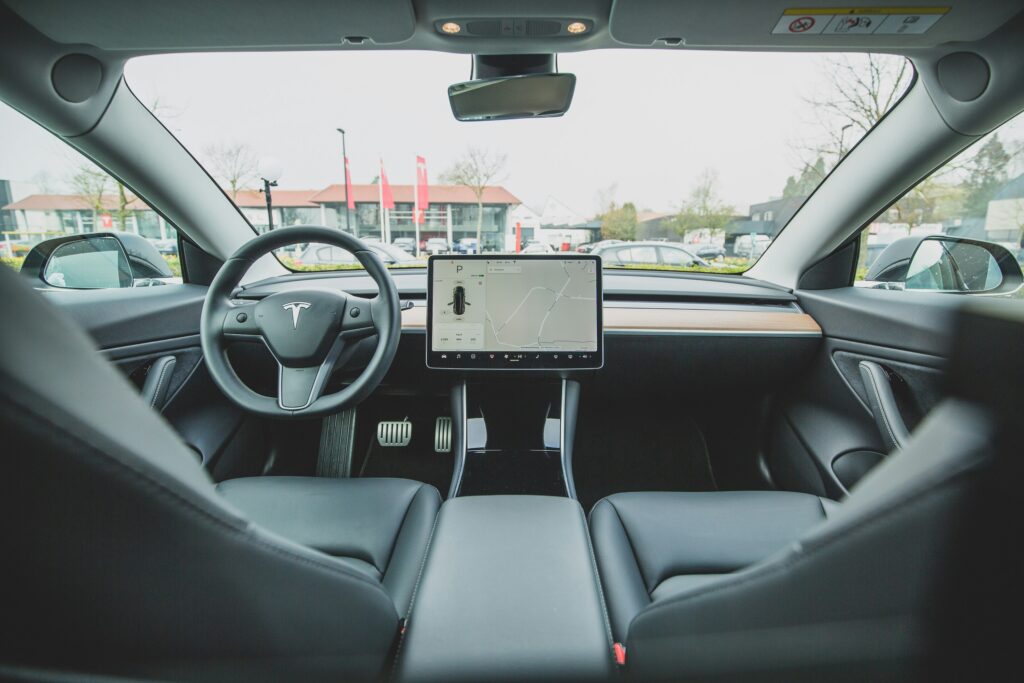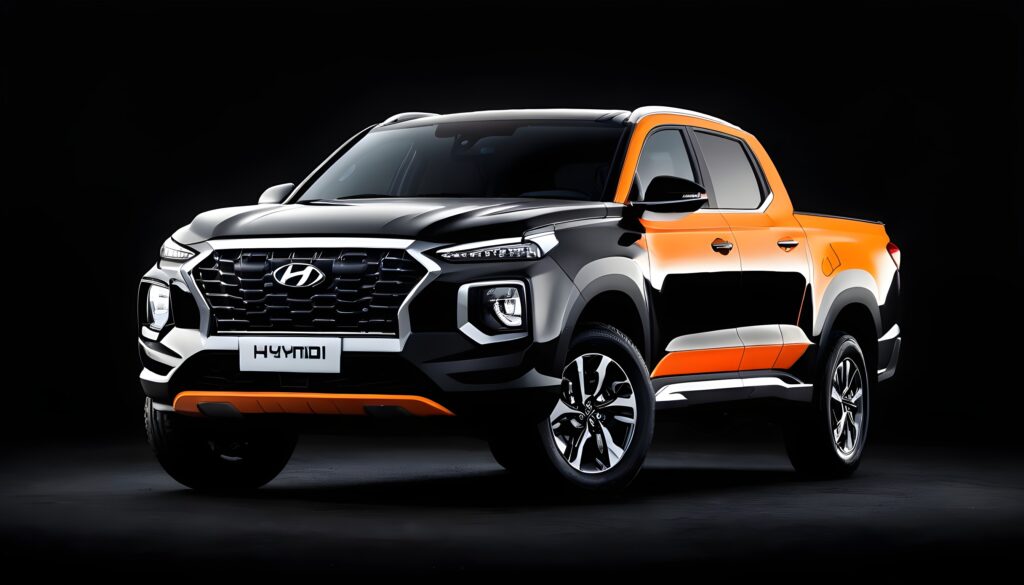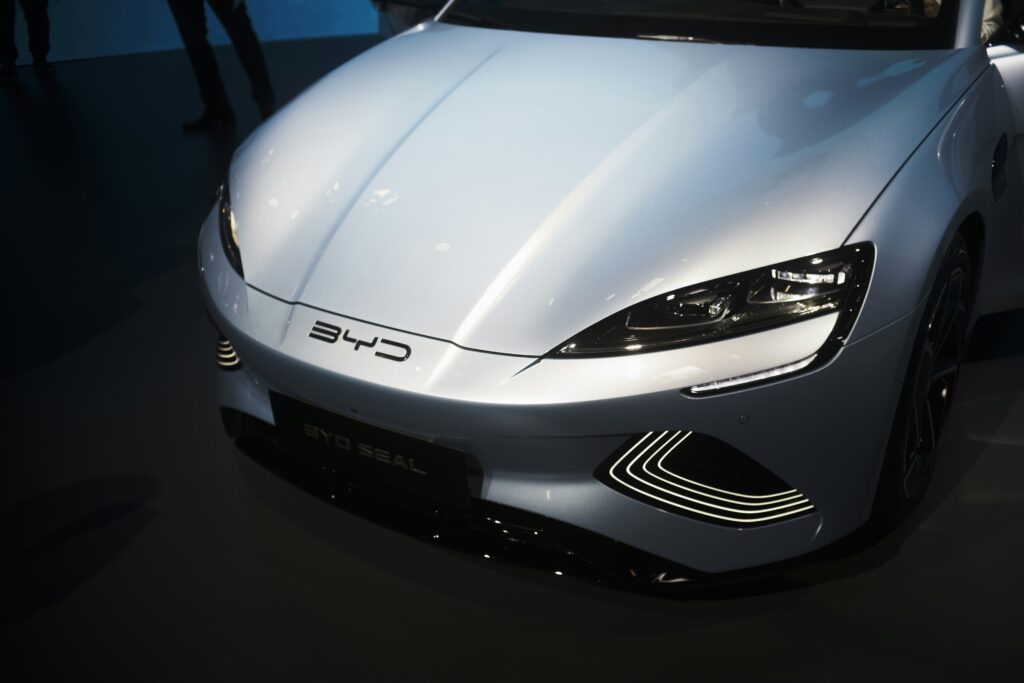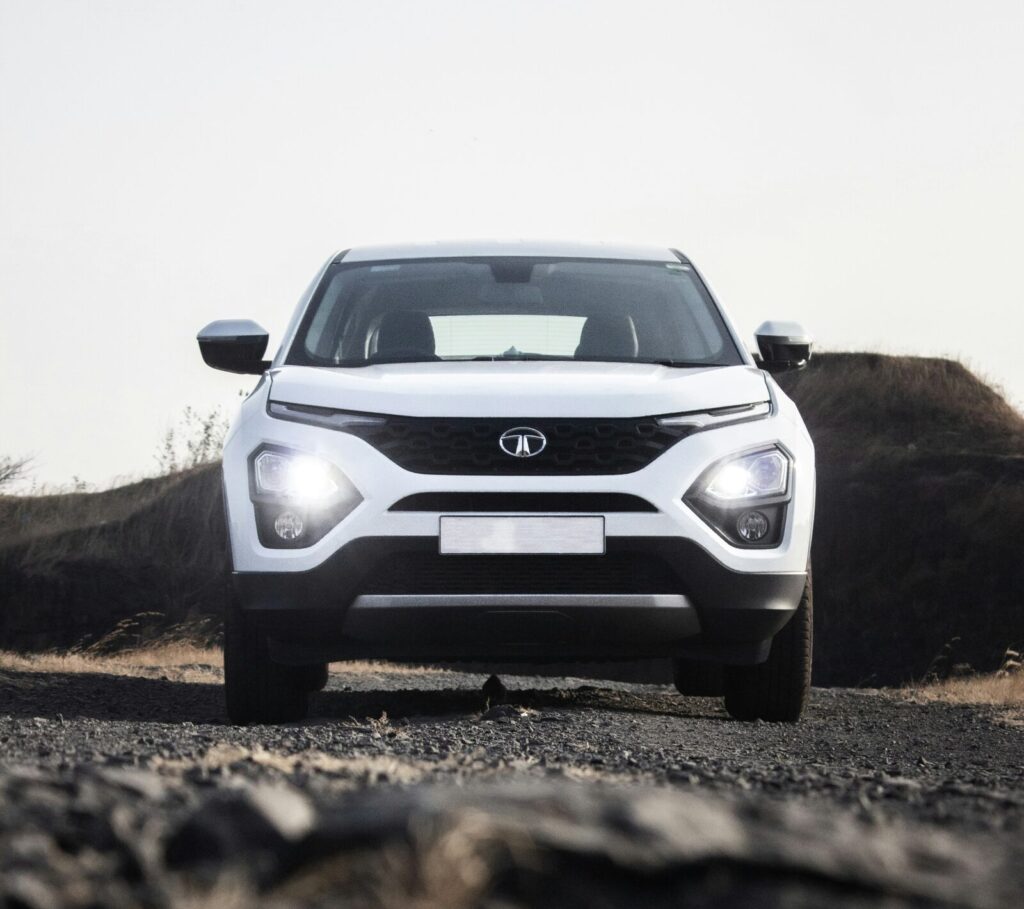Kathmandu || In the fiscal year 2081-82 (2024-2025), Finance Minister Barsha Man Pun presented a budget of NPR 1.86 trillion. The budget included changes to the import tax on electric vehicles (EVs), making them more expensive based on their motor power. For example, EVs with a 50kW motor now have a 10% customs duty, while those with a 300kW motor face a 40% duty and a 35% excise duty. This means more powerful EVs will cost more due to higher taxes.

Over the years, Nepal’s tax policy on EVs has changed several times. In 2016-17, the government reduced import taxes on EVs to 28%, boosting the market. However, in 2020-21, taxes were increased, making EVs expensive again and slowing down their import. Although there was a slight tax relaxation later that year, it didn’t help much. The 2021-22 budget brought back favorable tax rates, similar to those in 2016-17, which helped the EV market recover.
Nepal’s EV market includes various types of vehicles, such as electric trains, buses, cars, three-wheelers, two-wheelers, and bicycles. The government’s focus has mainly been on personal vehicles like cars and SUVs. However, to benefit more people, the government should prioritize electric public transportation. Investing in electric buses and minibuses and building better infrastructure for these vehicles would provide cleaner and more efficient transportation for many.

To support electric public transportation, the government can use the Pollution Control Fund, which has about NPR 30 billion from petrol and diesel taxes. Legal changes are also needed to make it easier to use electric taxis and ride-sharing services. By focusing on public electric transportation, Nepal can reduce pollution and offer sustainable travel options for its citizens.





